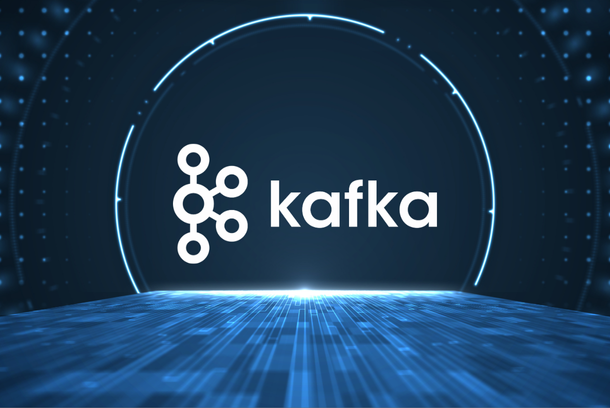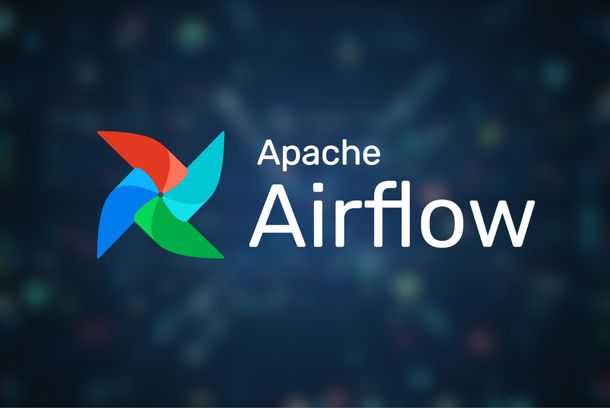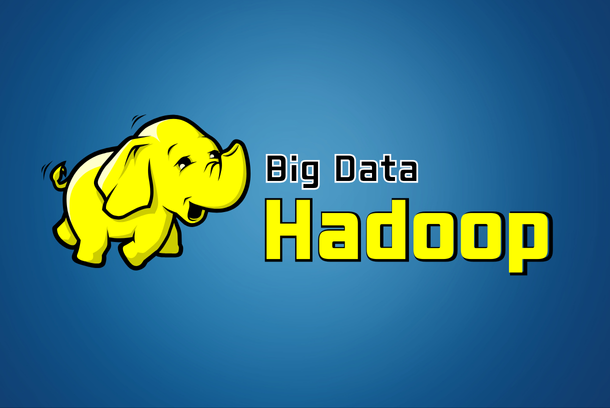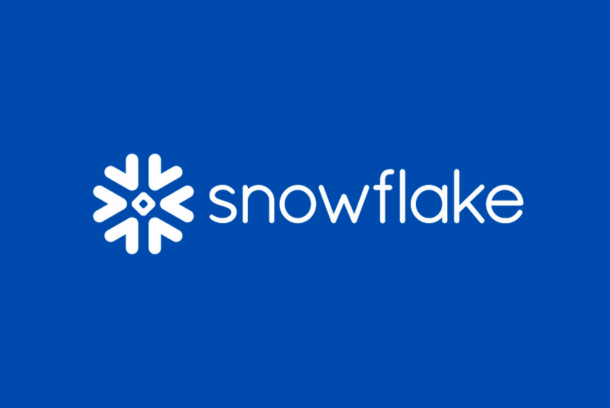
Kafka training:
Apache Kafka is an open-source, distributed event streaming platform designed to handle high-throughput, fault-tolerant data pipelines. It is used by top companies worldwide to build real-time applications, microservices architectures, event-driven systems, and big data processing frameworks. As businesses generate huge amounts of data, Kafka enables efficient ingestion, storage, and analysis of real-time event streams, ensuring low latency and high fault tolerance.
This comprehensive Kafka Training course is designed to take you from Kafka fundamentals to advanced real-time streaming architectures. Whether you are a software developer, data engineer, DevOps professional, or system architect, this Kafka Online Course will help you develop the essential skills needed to deploy, configure, and integrate Kafka with modern data platforms.
By the end of this Kafka Online Training, you’ll have a deep understanding of Kafka’s architecture, internal components, and real-world applications. You’ll gain hands-on experience in setting up Kafka clusters, managing producers and consumers, stream processing, and securing Kafka deployments. Additionally, you’ll learn how Kafka integrates with popular big data technologies such as Apache Spark, Flink, and Hadoop, as well as cloud and containerization platforms like Kubernetes, Databricks, AWS, Azure, and Google Cloud.
Whether you are looking to optimize data pipelines, scale enterprise messaging systems, or implement real-time analytics, this Kafka Training course provides the theoretical knowledge and practical expertise needed to become a Kafka expert.
What Will You Learn?
- Module 1: Introduction to Kafka: What is Apache Kafka?, Kafka Use Cases & Industry Applications, Understanding Kafka’s Pub-Sub Model, Overview of Kafka Ecosystem (ZooKeeper, Kafka Brokers, Producers, Consumers)
- Module 2: Kafka Architecture Deep Dive: Kafka Topics, Partitions & Offsets, Kafka Producers & Consumers, Brokers, Clusters, and Replication, ZooKeeper’s Role in Kafka
- Module 3: Installing & Setting Up Kafka: Installing Kafka on Local and Cloud, Kafka Cluster Setup (Multi-Node), Configuring Brokers and Topics, Best Practices for Cluster Management
- Module 4: Working with Kafka Producers & Consumers: Writing Kafka Producers in Java/Python, Implementing Kafka Consumers, Kafka Consumer Groups & Offsets Management, Understanding Kafka Message Delivery Semantics (At-Most-Once, At-Least-Once, Exactly-Once)
- Module 5: Kafka Streams & Real-Time Processing: Introduction to Kafka Streams API, Building Real-Time Data Pipelines, Windowing, Aggregations, and State Stores; Stream Processing vs. Batch Processing
- Module 6: Kafka Connect & Data Integration: Understanding Kafka Connect, Connecting Kafka to Databases, Elasticsearch, Hadoop, etc., Using Source & Sink Connectors, Schema Management with Confluent Schema Registry
- Module 7: Kafka Security & Performance Tuning: Authentication & Authorization (SSL, SASL, ACLs), Kafka Performance Optimization Techniques, Monitoring & Logging Kafka Clusters, Handling Fault Tolerance & Failover Scenarios
- Module 8: Kafka with Big Data & Cloud Integration: Integrating Kafka with Spark, Flink, and Databricks; Kafka on AWS, Azure, and Google Cloud; Deploying Kafka on Kubernetes & Docker
- Module 9: Hands-On Projects: Building a Real-Time Streaming Pipeline, Processing IoT Sensor Data with Kafka & Spark, Implementing an Event-Driven Microservices Architecture
Course Curriculum
Module 1: Introduction to Data Engineering and Apache Kafka
-
1.1 Fundamentals of Data Engineering
-
:: What is Data Engineering?
-
:: The Role of a Data Engineer in Modern Organizations
-
:: Overview of Data Pipelines: Batch vs. Real-time Processing
-
1.2 Introduction to Apache Kafka
-
:: Kafka’s Place in the Data Engineering Ecosystem
-
:: Kafka as a Distributed Streaming Platform
-
:: Kafka Use Cases: Real-time Analytics, Log Aggregation, Event Sourcing, etc.
-
:: Kafka Ecosystem Overview: Kafka Streams, Kafka Connect, Schema Registry
-
1.3 Setting Up Your Environment
-
:: System Requirements and Pre-requisites
-
:: Installing Kafka Locally (Linux, Windows, MacOS)
-
:: Setting Up Kafka in Docker for Development
-
:: Overview of Kafka Managed Services (Confluent Cloud, AWS MSK)
Module 2: Kafka Core Concepts and Architecture
Module 3: Real-time Data Ingestion with Kafka
Module 4: Real-time Data Processing with Kafka Streams
Module 5: Data Integration and ETL with Kafka
Module 6: Kafka Operations and Performance Tuning
Module 7: Kafka Security and Compliance
Module 8: Advanced Kafka Engineering
Module 9: Final Project and Certification



